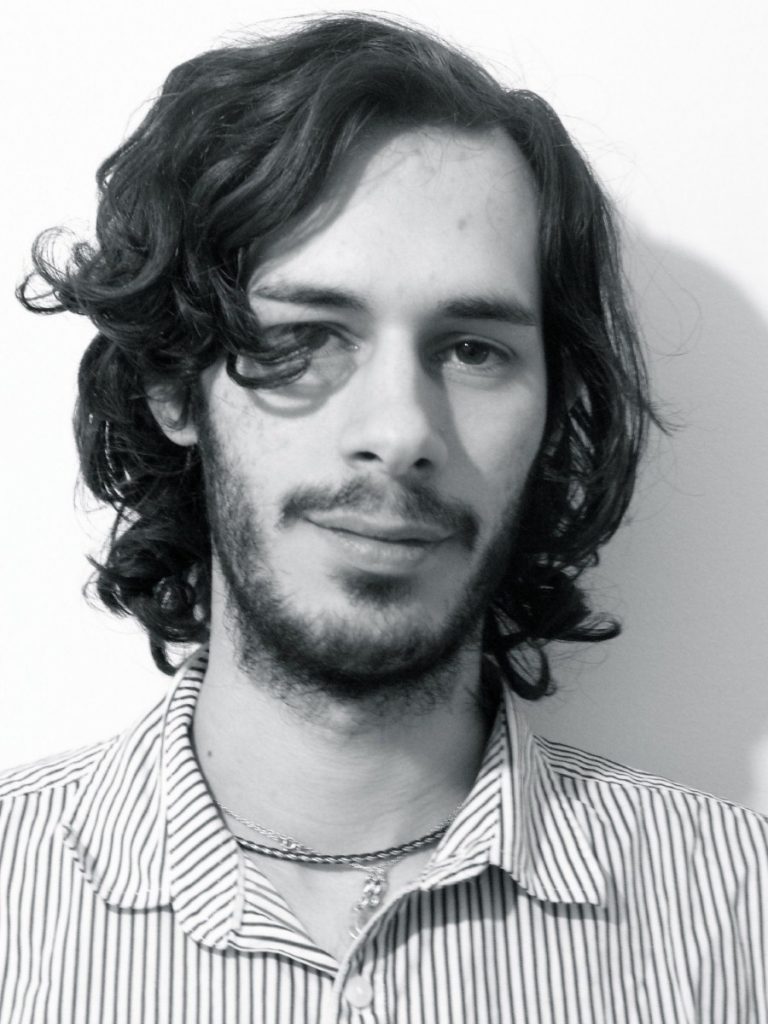This Is Your Brain Online: Did Farage really win the EU debates?
By Carl Miller Follow @carljackmiller
Last week, Nigel Farage and Nick Clegg squared off in the rhetorical equivalent of a street-fight. For a long hour on live television, they traded insults across the debate floor as they fought for that most precious of all currencies to politicians: the hearts and minds of you, the British public.
As the politicians spoke to you, many thousands of you spoke back. Tens of thousands of people thronged onto Twitter, following the twists and turns of the debate, cheering, booing, laughing, and debunking. This new digital commons is fast becoming an important political arena – somewhere where beliefs are shared, and indeed formed.
We wanted to listen to the roar of this new digital arena. Demos researchers, together with respected pollsters Ipsos MORI and expert technologists from the University of Sussex, analysed Twitter in real-time during the debate. We were testing new technology my research unit, CASM, has developed to teach algorithms to automatically understand the meaning of very large, rapidly appearing bodies of Tweets.


65,090 Tweets – over a thousand a minute – appeared about the debate, during the debate. So what did they say?
1 – They booed both candidates
A snap poll by YouGov, widely reported in the aftermath of the debate, showed a clear victory for Farage: 68% of those polled thought he performed best. However, on Twitter at least, there was no victor. From the beginning of the debate to the end, both candidates were met with a chorus of boos and hisses:
- 12,960 (91%) of Tweets that mentioned Nick Clegg were, we judge, boos, whilst only a fraction – 719 (5%) – cheered for him. 14,415 (83%) of Tweets mentioning the 'winner', Farage, were boos – only
- 2,473 (14%) were cheers. Neither Clegg nor Farage, in other words, emerged from Twitter in one piece. Whoever 'won', both had endured an hour on Twitter being pelted with digital tomatoes.
2 – It was personality over politics
People on Twitter were far more likely to be talking about the personalities than about the issues and policies at stake. Seventy-one per cent of Tweets focused on the figures of Farage and Clegg – what they looked liked, how they sounded, the delivery of the arguments – rather than the arguments themselves. For those on Twitter the debate was more an entertaining spectacle, it seemed, rather than a serious political conversation.

3 – Economic issues caused the greatest interest
The issues that did provoke the largest surges in Tweets tended to be economic topics – EU trade, UK business and red tape – that caused the most intense surge of Tweets. Those 'knock-out' topics talked up in the press, whether Putin or immigration, didn't seem to capture Twitter's attention as much as it did journalists. The graph shows overall number of Tweets about the debate contrasted against the main issues spoken about at that point during the debate.

4 – Both sides landed some hits
There certainly were times during the debate when each candidate did better or worse. The graph below (which I admit, does deserve some explanation) shows the number of boos thrown at each candidate organized per topic covered in the debate. Each candidate's boos are on a different axis: the higher each dot is on the graph, the more boos for Farage; the further along, the more boos for Clegg. Counting 'winning' as receiving less abuse than your opponent, dots below the line were topics owned by Clegg, dots above by Farage.
On this dubious score of success, Farage had rocky (or rockier) patches during discussions about Putin and Syria, and Clegg on infrastructure, immigration and the EU constitution.

Overall, however, neither contestant emerged victorious from Twitter. People thronged to hurl digital eggs and tomatoes at two widely disliked public individuals, to make comments about they looked and sounded, not what they argued or meant. This does not, of course, mean that people do not care about Europe, or that Twitter reflects wider society. But for those people sitting Tweeting on their phones as they watched the debate, they did so in anger, frustration and for entertainment. Whatever the outcome of the EU elections, now just around the corner, it seems that, judging from Twitter, anti-politics is the mood now firmly in the ascendant.
Carl Miller is the founding research director of the Centre for the Analysis of Social Media (CASM) at Demos. It is the first think tank institute dedicated to researching digital society.
The opinions in politics.co.uk's Comment and Analysis section are those of the author and are no reflection of the views of the website or its owners.












